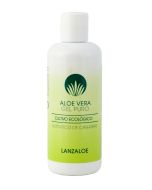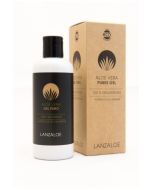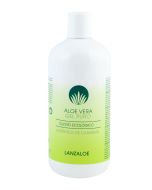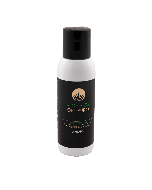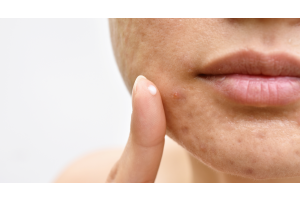Local Storage seems to be disabled in your browser.
For the best experience on our site, be sure to turn on Local Storage in your browser.
Aloe vera, a healthy plant
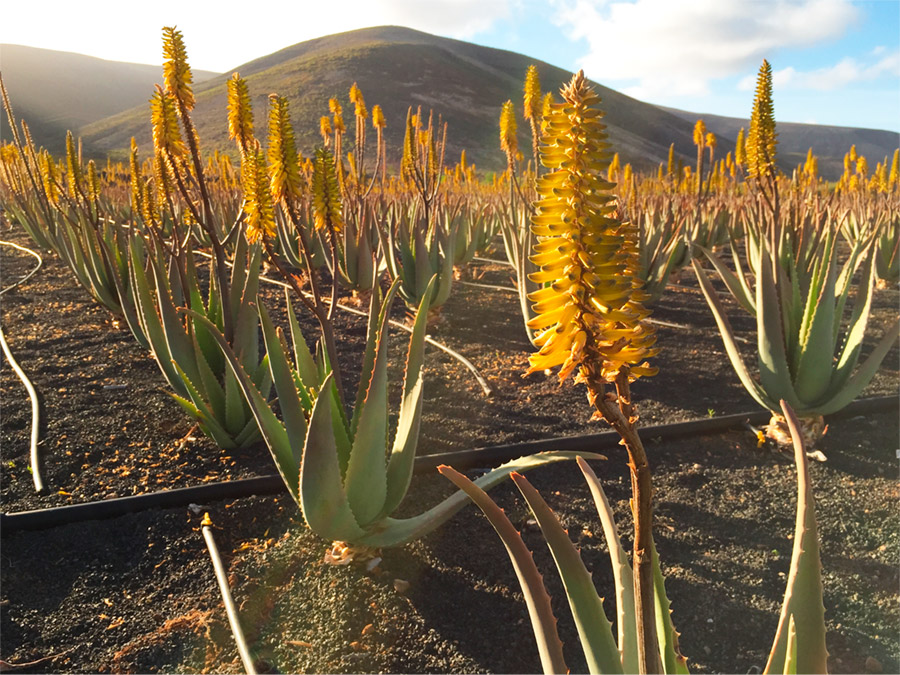
We have all heard that Aloe vera is a healthy plant, but ... do we really know why? What are its effects on our organism? If you want to know, keep reading.
Aloe vera contains a great variety of elements that can be used by our body to fulfill metabolic missions.
The gel of Aloe vera contains vitamin A, C and E and minerals such as sulfur, calcium, magnesium, zinc, selenium and chromium. In addition, it is a plant high in antioxidants, enzymes, fiber, sterols, lignins and polysaccharides.
Thanks to this great variety of nutrients, many benefits for our health can be obtained.
To know what effect Aloe vera causes in the different organs and systems of the body, we have based ourselves on several studies carried out by Dr. Ricardo Gampel for the University of Madrid.
GASTRODUODENAL MUCOSA. Aloe vera has a protective effect against lesions of the gastric mucosa, helps prevent the appearance of ulcers as well as inhibiting the growth of the pylori bacteria. This plant could also be useful in intestinal inflammatory diseases such as Crohn's or ulcerative colitis.
ENDOCRINE SYSTEM. Aloe vera, thanks to glucomannan (a soluble polysaccharide) and administered orally is able to reduce blood glucose levels.
IMMUNE SYSTEM. Aloe vera has an immunomodulatory and antimicrobial function against a large number of microorganisms and blocks the reproduction of HIV.
This plant is also effective in the prevention of immunosuppression states caused by ultraviolet radiation and helps to prevent respiratory viral infections such as flu, cold or laryngitis.
Aloe vera have anti-inflammatory and immunomodulatory properties, which facilitates the healing of wounds and fights arthritis.
According to Dr. Gampel, Aloe vera has anticancer and antitumor properties, capable of reducing tumor growth or causing regression. Thanks to the antitumor activity, together with the immunostimulating and protective properties of the radiation-induced lesions, they determine the possible application of Aloe vera in the prevention of melanomas and skin cancers.
SKIN AND MUCOUS. Aloe vera has healing and regenerative properties. It can be used internally or externally, facilitating the healing of wounds, burns and other epidermal lesions.
PSORIASIS. The penetration of the polysaccharides of Aloe vera gel through the skin favors its hydration, occludes the dermis and inhibits the formation of psoriatic plaques, so that the duration of the outbreaks can be significantly reduced.
In addition, Aloe increases the content of soluble collagen and inhibits the enzymes responsible for the formation and accumulation of melanin in the skin, which means that it prevents the appearance of spots or hyperpigmentation.
GASTRO-INTESTINAL MUCOSA INFLAMMATION. In situations where wound healing is affected and delayed, for example, diabetes, Aloe is especially effective, as it decreases the healing time of the lesions, and improves blood flow.
In short, when taken orally, Aloe vera is a great regulator, purifying and toning organs. Thanks to its healing properties is recommended for problems of ulcers or irritations, inflammations or gastrointestinal infections or to increase the defenses in case of respiratory or urinary infection.
It helps regulate and purify the body and control cholesterol, glucose and uric acid levels, as well as blood pressure, venous circulation and general metabolism, so it can be useful as a supplement in weight control diets.
Applied externally, it has a disinfecting and anti-inflammatory function, promotes healing and regeneration of the skin and relieves and heals wounds, sores, eczema, psoriasis, burns, muscle or joint pain, acne, skin blemishes , etc.
Source:
R Gampel - Properties and usefulness of Aloe vera - 2002
